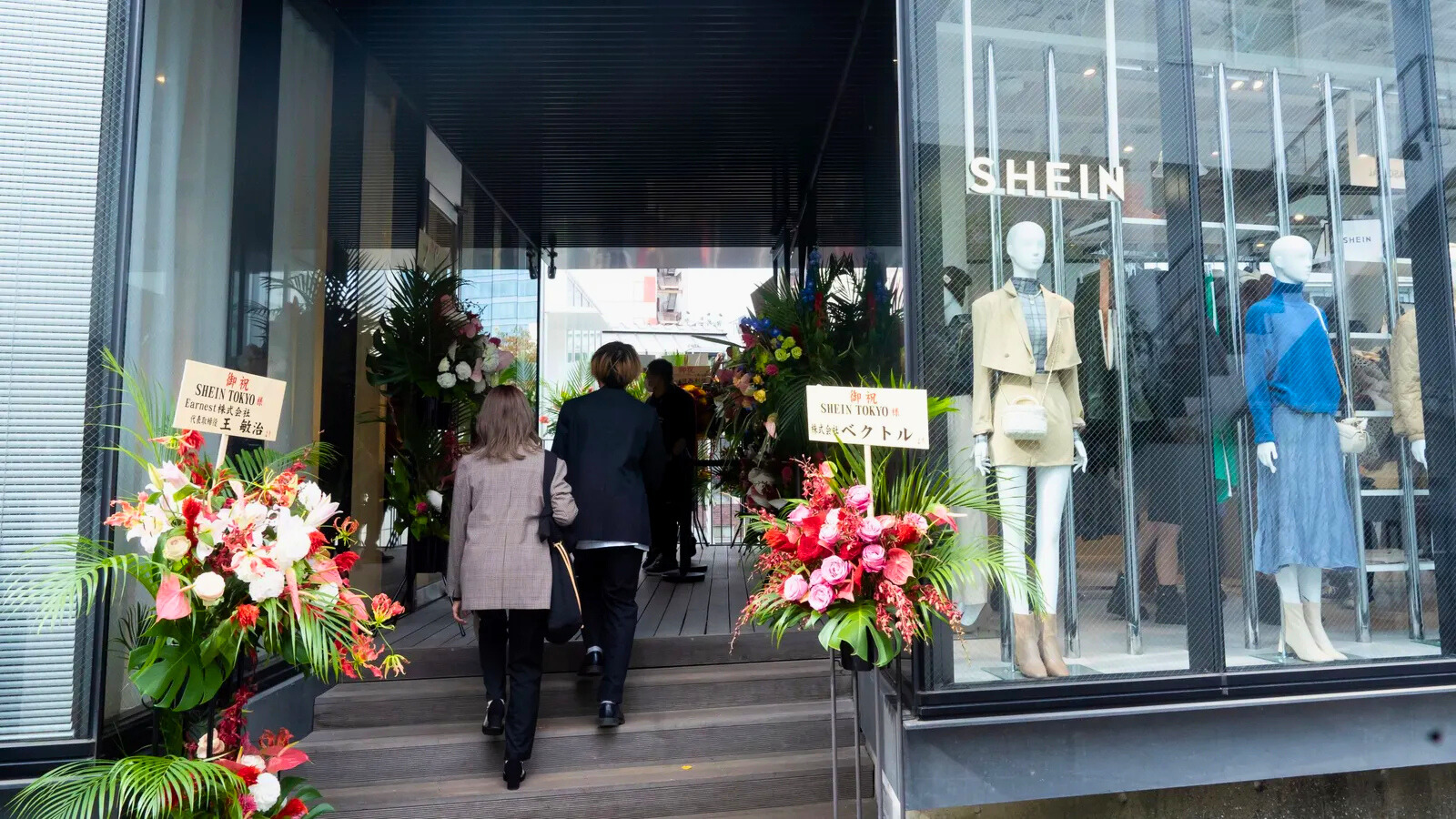Shein, the popular fast fashion retailer, was hit with a 1 million euro ($1.16 million) fine by the Italian government for making misleading environmental claims while selling its clothing. Italian authorities launched an investigation last September as shoppers became more focused on how their purchases affect the planet.
The Italian Competition Authority, known as AGCM, found that claims in Shein’s online “#SHEINTHEKNOW,” “evoluSHEIN,” and “Social Responsibility” sections were vague and sometimes exaggerated. In some spots, Shein either left out details or gave information that could mislead shoppers. AGCM specifically pointed out that Shein’s language around circular design and product recyclability was muddy, creating confusion about what could actually be recycled.
The company’s “evoluSHEIN” line was promoted as using “green fibers,” but AGCM said Shein did not clarify what this really meant or the true environmental benefits. AGCM also noted that the collection is only a tiny part of Shein’s massive inventory, yet the company’s marketing could lead shoppers to think all those clothes are recyclable, which is not true.
When it came to Shein’s public goals on reducing greenhouse gases—claims like cutting emissions by 25% by 2030 and zeroing them out by 2050—the AGCM found the statements too vague. These targets did not match what was actually happening: Shein’s emissions increased in 2023 and 2024.
A spokesperson for Shein said to the ESGDIVE reporter that the company fully cooperated and made fast changes once told about the issues. “We have strengthened our internal review processes and improved our website to ensure that all environmental claims are clear, specific, and compliant with regulation.”
On the same day as the fine was announced, Shein announced new steps aimed at cleaning up its supply chain in China, including major updates in how products move between warehouses. Shein is rolling out a 9.6-meter electric truck to replace parts of its existing diesel fleet. More than 130 electric vehicles are planned for deployment across Shein sites in China, which the company says could cut carbon dioxide emissions by nearly 10,000 metric tons each year—while also saving 20% to 30% on operation costs.
Shein’s logistics rely on frequent, short-distance trips, often carrying lighter loads, which makes electric trucks a natural fit. In its update, Shein said it will also improve efficiency by better planning delivery routes and switching to lighter, reusable packaging for shipments. Electric delivery vehicles will get a wider rollout in places like Europe, and Shein is setting up self pick-up locations for convenience.
Four of Shein’s managed sites recently earned a Zero Waste to Landfill certification, bringing the total to seven. In these facilities, nearly all waste—99.59% on average—is reduced, reused, recycled, or converted to energy through standardized processes.
According to ESGDIVE, the company said that, “Shein recognises that more needs to be done to better manage its impact on natural resources and the environment and is actively seeking opportunities to collaborate with partners across the industry to drive further progress”
As attention on fashion’s footprint grows, Shein is now under pressure to keep its climate messaging accurate and put more sustainable systems in place. The AGCM’s fine is a sign that authorities and shoppers alike want brands to back up big claims with real actions.
